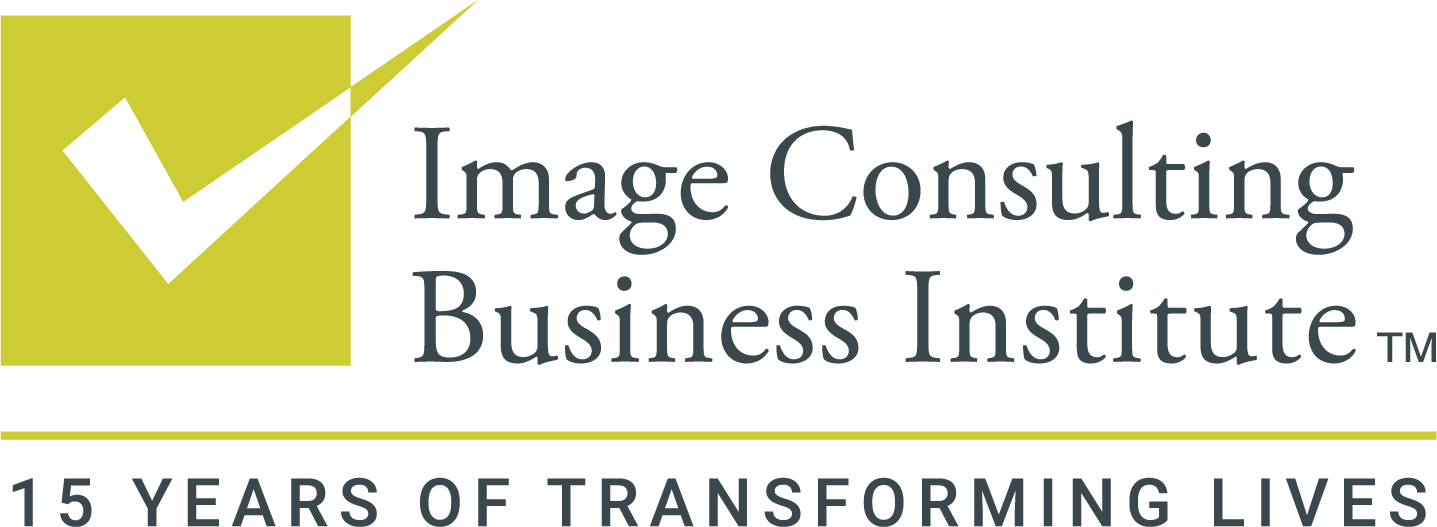Making a great impact on someone’s life is an unbeatable feeling. You can do so by becoming a confidence coach. But what exactly is a confidence coach? Who do they work with, and how can they help people?
In this detailed guide, we will discuss topics that will help you explore the career opportunity of being a confidence coach.
What is Confidence Coaching?
Have you ever seen someone close to you miss great opportunities just because they lack self-confidence and self-esteem, have fear of speaking their thoughts, and the limitations imposed by their beliefs or lack of experiences hindering their decision-making process? That’s when you know they need confidence coaching!
Confidence coaching empowers people to challenge their perceptions and doubts in a constructive and meaningful way so that they can overcome everything that holds them back. This coaching is done by professional confidence coaches who are trained to make people a better version of themselves.
So, what is a confidence coach, and what do they do?
What Does a Confidence Coach Do?
A confidence coach is a professional who is well-trained in confidence coaching to help people improve their self-esteem and self-confidence by developing their sense of belief in themselves and encouraging a mindset towards personal success. They achieve this through various techniques that are not limited to motivational speeches and pep talks but also explore realms of confidence-building strategies.
Confidence-building coaches use different tricks, such as positive affirmations and role-play, to build confidence in their clients. As a confidence coach, you enable a program designed to set achievable goals, track progress, and hold accountability.
But what does a confidence coach do to achieve success?
-
Set Clear Goals
As a confidence coach, it’s your primary duty to set clear and achievable goals by pinpointing your client’s needs.
-
Identify Challenges
It’s necessary to identify all the challenges your client faces regarding self-confidence. You need to uncover the things that are holding your client back from achieving success. These things may include past negative experiences, fear, or negative self-image.
-
Create an Action Plan
You will help your client reach their desired goal by tailoring an action plan designed according to their needs.
-
Build New Habits
As a confidence coach, you will help your client reach their desired goal by assisting them to build new habits through exercises and routines set to develop their confidence.
-
Be Supportive
A confidence coach not only makes plans and guides their client but also is a continuous support system throughout their confidence-building journey. You have to encourage them to make them better and help them take up any challenge when they are faced with any.
-
Track Progress
Confidence building is not just about reaching the destination; it is also about tracking the progress made during the journey. So, whether it is weekly, bi-weekly, daily, or monthly, you need to track the progress made by your client in achieving self-confidence. This way, you help them recognise their strengths and tailor anything that is not contributing to their success.
-
Develop Skills
Apart from mentoring, you also need to teach your client the key strategies and skills required for building their confidence. These skills include improving their communication and body language and helping them with the anxiousness certain subjects may make them feel.
Who Can Benefit from Confidence Coaching?
Ideally, everyone who needs that extra push to understand their self-worth and discover ways to uplift their self-esteem can benefit from confidence coaching. Here are some examples of people you may find needing confidence coaching a little more than others:
● Entrepreneurs: Powerful thinkers who have a tough time making decisions can benefit from a confidence coach.
● Employees: Individuals working in companies who have confidence issues can also benefit from a confidence coach.
● CEOs: Company leaders who have trouble taking the responsibility of leading their business in new directions can also use a confidence coach’s help.
● People having issues with their self-image: There are several people who have issues with thinking positively about themselves. They can take help of a confidence coach for the same.
Based on these broad categories, there are different types of confidence-building coaches. Keep reading to know more.
Types of Confidence Building Coaches
Like every other coach and trainer, even confidence coaches specialise in different areas of confidence-building. Based on their teachings and expertise, there are several different types of confidence coaches who use different strategies and tools designed for their clients.
-
Confidence Coach for Women
A confidence coach for women is well-versed in dealing with women clients who want to build their self-confidence and self-esteem for their desired goals. This type of confidence coach is deeply aware of the different obstacles women face daily, like self-imposed limitations or societal pressures, and is trained to help them overcome these challenges.
As a confidence coach for women, you work with your clients by empowering them and boosting their self-worth in their professional as well as their personal lives. -
Business Confidence Coach
As the name suggests, a business confidence coach helps individuals shine in their professional lives by building their confidence and boosting their ability to lead, negotiate, and empower others. Your clients will learn how to speak with authority, trust their decisions, and lead teams.
-
Career Confidence Coach
A career confidence coach helps individuals who feel stuck in their professional lives or are unsure of their career paths. They help them by guiding them through their career transition or development phase. As a career confidence coach, you will help your clients prepare for interviews, build resumes, and boost networking skills.
How to Become a Confidence Coach
If you think you can flourish in your career as a confidence coach, then below are some steps you can follow to become one:
-
Find Your Niche
Niche it down as making yourself stand out in this crowded market is crucial. When you specify your audience, targeting and reaching out to them becomes easier, as they will feel like you resonate with them better.
You can choose the niches mentioned above. But what niche to select? Here’s how you can identify that:
● Identify your strengths: Do you have any skills, experience, or interests that align more with one niche? It’s not necessary to just have these in a professional setting, but you can even dive into any personal challenges you overcame that can become your USP and make you a ‘go-to’ person for your clients.
● Understand the demand: List down all the areas most people are struggling with. Is it public speaking? Or perhaps people want to overcome social anxiety? Or are they having a tough time making decisions? Identify the demands so that it is easy to niche down.
● Conduct market research: Confidence coaches are in demand, no doubt about that, but niching down can limit your audience. So, it’s always wise to conduct market research and know the demand for your niche. -
Build Your Coaching Skills
To become a successful confidence coach, you need to build your own confidence first and then help others to build their confidence. Further, you will also need results that are going to back up your coaching game. To have positive results, you need to assess your own confidence coaching skills. Let’s take a look at all the skills you need to possess in order to flourish in your career as a confidence coach:
● Skill 1: Giving Advice
As a confidence coach, you need to find a balance between coaching and consulting. You need to guide your clients and provide them with much-needed expert advice. When you find that middle ground, you will notice how your clients will not just discover themselves but also act on the advice you give them for better results.
● Skill 2: Motivating Your Clients
A confidence coach is more than someone who preaches. It’s your job as a coach to not just show your clients they can become better but also to believe in them that they can achieve their goals. You will be motivating our clients to do better, and this belief is something you cannot fake, so you will need to believe in your clients genuinely to motivate them.
Confidence-building coaches are not just consultants or trainers who teach and leave, they are also cheerleaders for their clients. As your clients embark on the journey to improve themselves, you have to cheer them on along the way and help them realise their potential.
● Skill 3: Holding Them Accountable When Needed
Apart from cheering your clients, there are times when you will need to make them hold accountable. This is necessary as people often know what to do, but they don’t end up doing it, maybe because they hesitate or because it’s just plain procrastination. As a confidence coach, it’s necessary to help your clients stay on track with their progress and ensure they achieve the set goals for their own benefit.
-
Create an Impactful Coaching Program
Once you are equipped with the right skills to become a successful confidence coach, the next step is to create an impactful coaching program.
A great way to tailor your programs is by going with packages. As a client, an individual is more interested in what transformations they will see after your program than in the number of hours you dedicate to them. So, it’s wise to have packages and attract clients with the results they will see after appointing you as their confidence coach.
It’s obvious that in the beginning, you will need more time to help your client achieve success. This is because you will have to invest more time in tuning your coaching methods to understand what works in what ways for different people.
A three-month package is safe to use when beginning your coaching career. This is a sweet spot, as three months is neither too much dedication for someone who will trust you for the first time nor too little, to the point that it seems sketchy to believe.
-
Get Your First Client
Initially, you might not get enough clients, as building trust is difficult. So, just focus on getting that one client, as it’s always better to start small. Help the first client achieve their goals successfully, and then you can aim for more. This will help you build trust among other people. Further, having a small goal to achieve in the beginning is better, as this way, you are more likely to reach it and not get demotivated early in your career.
Become a Certified Trainer
If you have decided that confidence coaching is your calling, it’s time to explore this career choice. But how do you do so? With ICBI’s renowned Soft Skills Training Program, you can become a certified soft skills trainer and further explore the career of a confidence coach.





